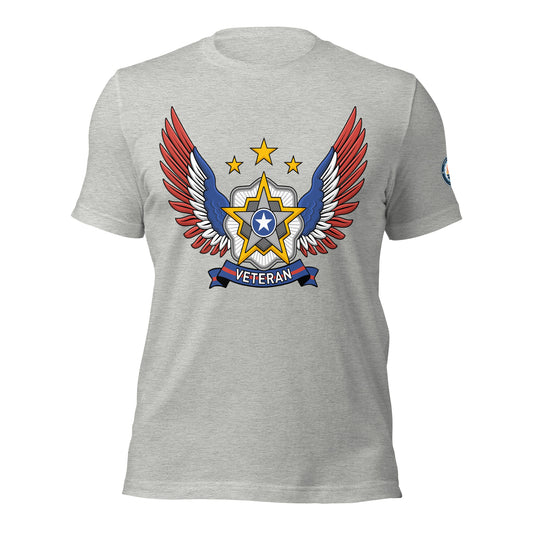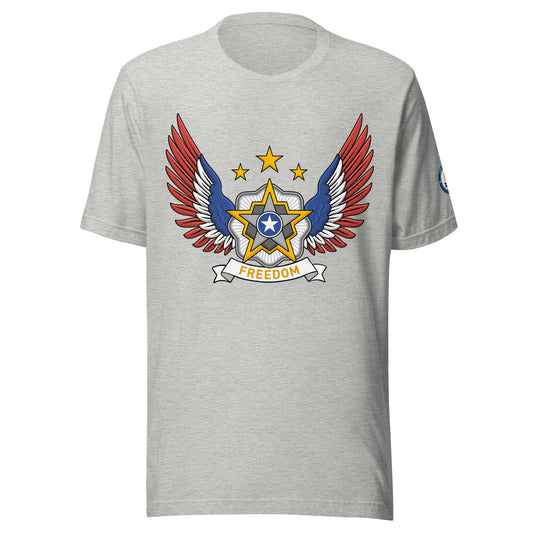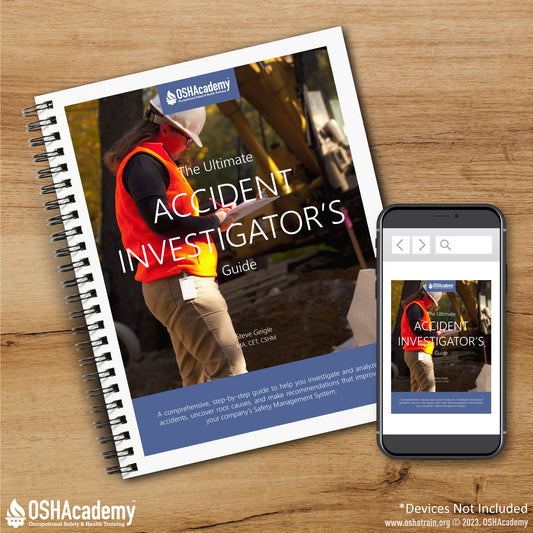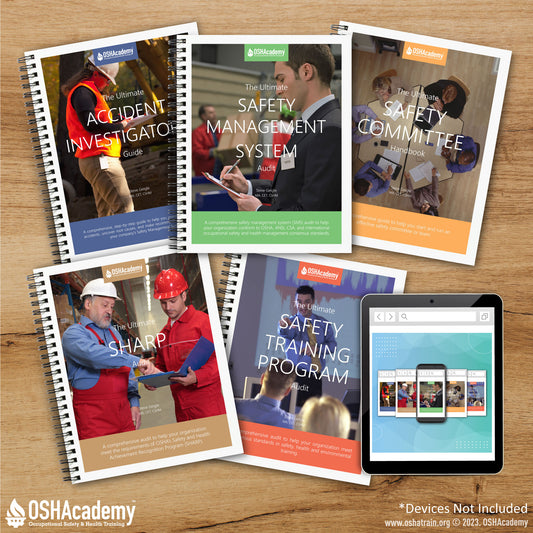
Using Personality Tests in Safety
Share
By Shanari Baird
Often times, one of the main problems a business can face is figuring out how to encourage everyone in the workplace to just get along and work together effectively.
Why can’t we all just be friends?
Well, the likely culprit is personality differences in the workplace that are poorly managed and misunderstood.
Even in a small company, personality differences are always present. Some people are more extrovert and thrive on positive reinforcement. Some prefer to work alone. You may have someone in the office who is great at brainstorming and coming up with innovative ideas, while another person is more meticulous and detail-oriented. While some prefer to learn through hands-on experiences, others may prefer to learn by reading everything there is to know about a topic. The list could really go on and on.
These personality differences are, in reality, important and vital to the success of a business. Differences among personality types in the workplace can contribute to better business solutions, ideas and collaboration. If every single person thought, believed, and acted the same way in the workplace, can you imagine how many things wouldn’t get done?
However, personality differences can also be a source of contention, resulting in poor communication, ineffective conflict resolution, and training activities that do not cater to the needs of all managers and employees in the workplace.
As a result, many companies are turning towards personality tests to help them understand the traits of employees and see where employees might best fit within the organization.
Some are even taking it a step further by requiring employees to place personality results on their nametags and/or signs at their desks. The hope is to have employees, supervisors, and managers better understand the personality type they are dealing with, resulting in a more productive and harmonious workplace.
If a company is interested in having employees take personality tests, it can be difficult to decide which personality test will be most telling and indicative of how a person really works.
Much of what we know about personality theory today stems from the work of psychologist Carl Jung. From there, people like Katharine Briggs and Isabel Myers have developed tests like the Myers-Briggs Type Indicator (MBTI) personality inventory, which is commonly used in organizational settings, the federal government, and even the U.S. military.
Based upon the work of Briggs and Myers is the 16Personalities test. Several of our staff members at OSHAcademy have taken the test and found it to be amazingly accurate. Even larger companies, such as Eid Passport, have had workers take the test, according to some of our inside sources.
What’s great is you can take this test for free online. It takes less than 12 minutes to complete and will tell you important parts of your personality, including how it relates to other aspects of life. The results include information regarding:
- A general overview
- Your strengths and weaknesses
- What is important in your romantic relationships
- What your friendships are like
- Your parenting style
- Career paths you are likely to be interested in
- Your workplace habits
While all of this information is fine and helpful on an individual level, imagine how it can be applied in a workplace for good! When people in a workplace understand and appreciate the strengths, weaknesses, and workplace habits of others, individuals will be able to work together more effectively and help the company move forward as a whole.
The results of this personality test can also have important implications on workplace safety success. Some of the safety questions and concerns we have encountered can at least be somewhat addressed by understanding the personalities that exist in the workplace. For example, have you ever wondered:
- How can hazards be better communicated to employees?
- What is the best way to train employees about workplace safety?
- How can I motivate others to make safety a priority?
- How can I more effectively survey and interview employees to improve the results of an accident investigation?
- What can I do to better prevent workplace stress at my job?
All of these questions can, in part, be answered by understanding the personalities that exist in the workplace and then catering training, communications and processes to various individuals. If you understand someone’s personality, strengths, weaknesses, and workplace habits, then you will be better able to:
- Know how to talk to people about hazards in the workplace and ensure your message is getting across.
- Be better equipped to know the best way to present safety information and what type of learning activities will solidify the training you provide.
- Discover how to motivate different people to work safely and participate in safety programs.
- Have a better understanding why someone may not be performing up to par.
- Know how to communicate with people when things don’t go as planned or an accident occurs, which will then allow you to uncover important facts behind a given situation.
- Work to limit your own stress and the stress of others, in turn making the workplace a safer and more positive place to be.
If a company decides it is important for their people to understand one another and requires employees to take personality tests, it would naturally be helpful for employees to receive information about other personality types that exist within the workplace—not just their own. For the 16Personalities test, an explanation of the theory behind the test and the descriptions of various personality types could be provided to employees, as well as a comprehensive list of the personality types that exist within the workplace, in order to increase effectiveness and positive results.
As the author of this article, I am the ESFJ personality. The results indicate I am loyal, sensitive, warm, good at connecting with others, and have a strong sense of duty. On the other hand, some of my weaknesses include being inflexible and vulnerable to criticism. In the workplace, according to the results, I thrive on social order and harmony, expect authority to be respected, and do better in workplaces with structure, safety and guidelines. So long as expectations are effective, people with the ESFJ personality are effective and enjoyable managers, though they can stress out and lose their temper if someone challenges their authority.
Information like this would hopefully help my boss and co-workers understand me and know how to better deal with me (If any of you are reading this, I know you have to put up with a lot sometimes!). And, as I discover their personalities in greater depth, hopefully I will be able to do the same for them.



